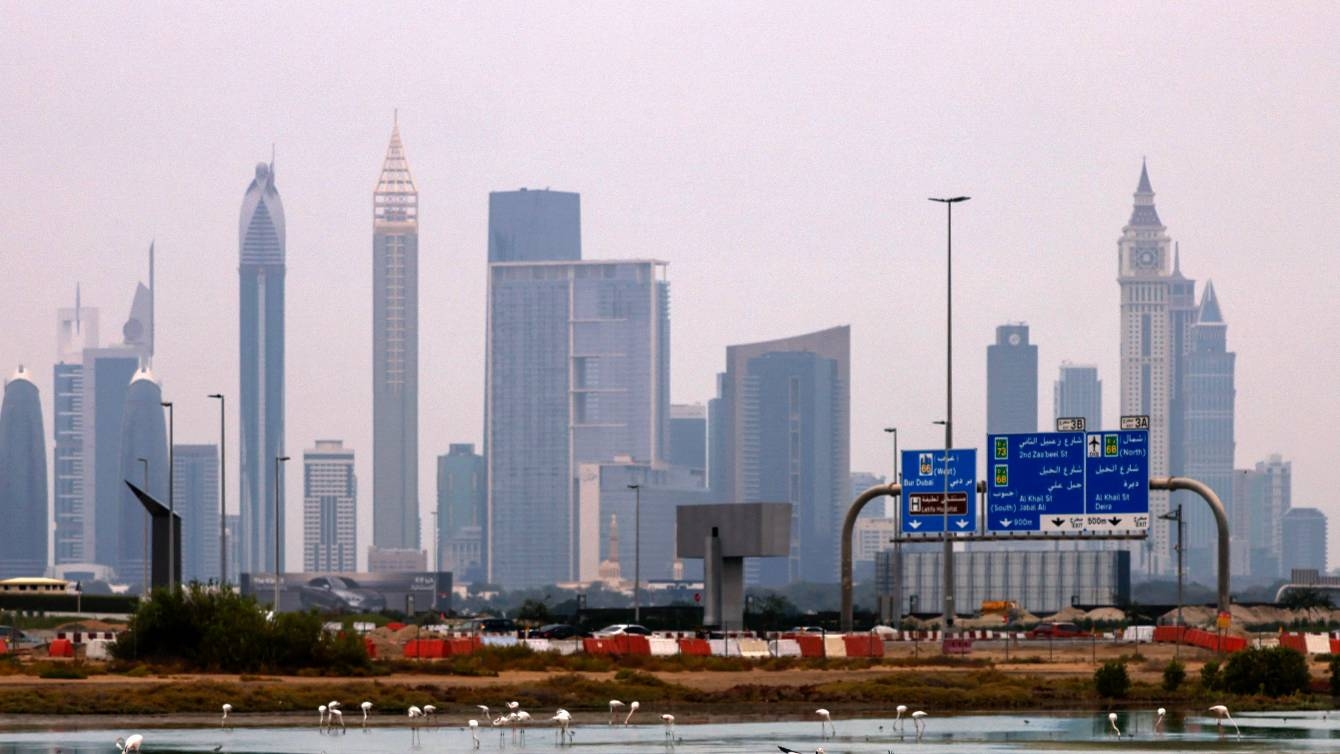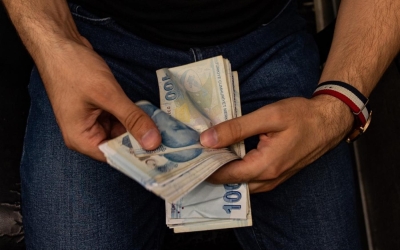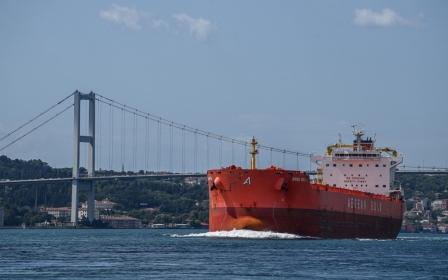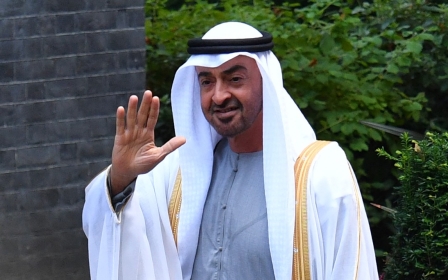UAE at risk of landing on global financial watchdog's 'grey list': Report

The United Arab Emirates is at risk of being placed on a global financial watchdog's "grey list" of countries subject to more oversight, for failing to properly combat money laundering and terrorist financing, according to a report by Bloomberg News.
Unnamed sources told Bloomberg that the Financial Action Task Force (FATF) is leaning towards adding the UAE to its "grey list" early this year. It would be one of the organisation's most significant steps to date, given the Emirates' position as a major financial hub in the Middle East.
The group is expected to make a decision at a plenary meeting scheduled for late February.
The UAE submitted a report to the FATF in November, but sources told Bloomberg the country had not reached many of the thresholds needed to stay off the grey list.
There are still, however, several chances for Emirati officials to plead their case to the FATF, including during a planned trip to Paris in the coming weeks, they said.
New MEE newsletter: Jerusalem Dispatch
Sign up to get the latest insights and analysis on Israel-Palestine, alongside Turkey Unpacked and other MEE newsletters
Hamid al-Zaabi, director general of the UAE Executive Office for Anti-Money Laundering and Counter-Terrorist Financing, told Bloomberg that the country was taking the issue "very seriously" and it has "partnered with highly skilled and experienced specialists with a track record in meeting best international practices and standards".
"The UAE is fully committed to upholding the integrity of the international financial system, which includes working closely with our partners around the world to combat financial crime," he said.
Middle East Eye reached out to the UAE's embassy in Washington for comment but did not receive a response by the time of publication.
Grey-listing by the FATF applies to countries that have "strategic deficiencies in their regimes to counter money laundering, terrorist financing, and proliferation financing" but are still committed to addressing the issues "swiftly", according to the watchdog's website.
A spokesperson for the FATF said they could not comment, but referred MEE to a report published in April 2020, where the watchdog said the UAE has made improvements but added it continues to face major risks when it comes to money laundering.
Since that warning, the UAE government has taken numerous steps to better align with global financial standards, including issuing new guidelines, setting up courts focused on financial crimes, and establishing the Office for Anti-Money Laundering and Counter-Terrorist Financing.
Still, the United States currently lists the UAE as a "major money-laundering" jurisdiction.
Potential setback amid regional competition
The FATF, set up by the Group of Seven (G7) major economies, requires a significant but undefined majority of its members to make a grey-list decision.
If it is designated, the UAE would join the likes of 23 countries including Syria; Yemen; South Sudan; Jordan; as well as Turkey - which was grey-listed last October.
Abu Dhabi is home to sovereign wealth funds with more than $1 trillion in assets, while Dubai houses the regional headquarters for most multinational lenders and has boomed in recent decades due to its light financial regulation and low taxes.
A grey-list designation for the UAE would be a major setback for the oil-rich country, as it has been facing growing competition from its neighbour Saudi Arabia.
Last year, Riyadh announced that any company seeking contracts with the Saudi government, state-owned firms and the kingdom's sovereign wealth fund would have to base its regional headquarters in the country by 2024.
A report by the International Monetary Fund found that the FATF grey-listing could negatively affect a country's short-term capital inflows significantly.
The report said it would lead to a reduction in foreign direct investment and cost an equivalent of three percent of gross domestic product (GDP), which would be roughly equal to $10bn, based on World Bank data of the UAE's GDP.
Middle East Eye delivers independent and unrivalled coverage and analysis of the Middle East, North Africa and beyond. To learn more about republishing this content and the associated fees, please fill out this form. More about MEE can be found here.





